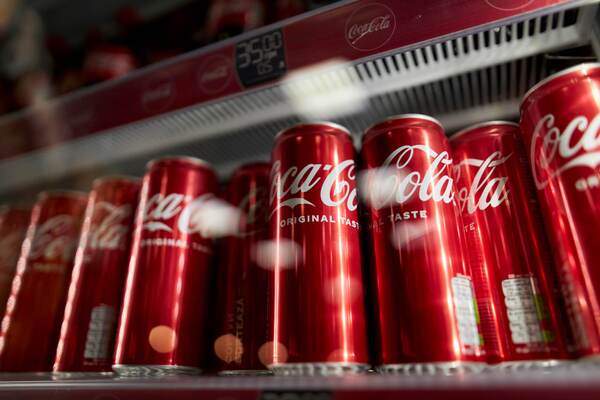Hospitality food costs rise 'by up to 40%' as inflation hits prices
Food costs have risen by up to 40% due to inflation and supply chain disruption, according to the latest research from Fourth.
Dairy products have seen the biggest price hikes (40%), followed closely by grains (35%), meat (35%), fish (25%) and fruit and vegetables (20%).
The data, taken from monitoring over 1,000 pubs, restaurants and bars, also revealed that average overall costs were up 10% compared to figures from 2019.
A host of factors have contributed to the supply chain crisis, including the surge in energy prices, labour shortages and subsequent wage increases, the war in Ukraine, and UK inflation being at its highest since the 1980s.
Operators are using technology, streamlining their supplier base and changing their menu offering in an effort to combat supply chain problems.
Kate Nicholls, chief executive of UKHospitality, said: “These stark figures highlight the extent of the damage that rising costs are having on the hospitality and leisure market, engulfing and suffocating businesses and consumers alike.
“After more than two years of unprecedented challenges due to Covid, cost inflation now poses a massive threat to our industry and the wider economy.
"The impacts of rising costs are being felt across every facet of running a hospitality business, including on jobs and recruitment, economic stability, business viability, consumer confidence and willingness to spend. It’s absolutely crucial that the sector receives as much support it can get – without it, more and more businesses and jobs will fall away.”
Sebastien Sepierre, managing director, EMEA, at Fourth, added: “After enduring the shock of enforced closures, followed by the stop-start nature of trading during the pandemic, the hospitality industry now has another major challenge to confront in the form of supply chain disruption. The complexities are such that most operators have never seen anything like this before.
“Technology has a huge role to play in helping operators contend with the instability within the supply chain. It is the most efficient way of comparing suppliers, checking the availability of products, analysing price fluctuations, and knowing exactly what you need and when you need it in your venues.
“The supply chain crisis is one of the most pressing concerns within the sector and it is imperative that operators have the tools at hand to understand and address the challenge of overcoming the disruption.”




















